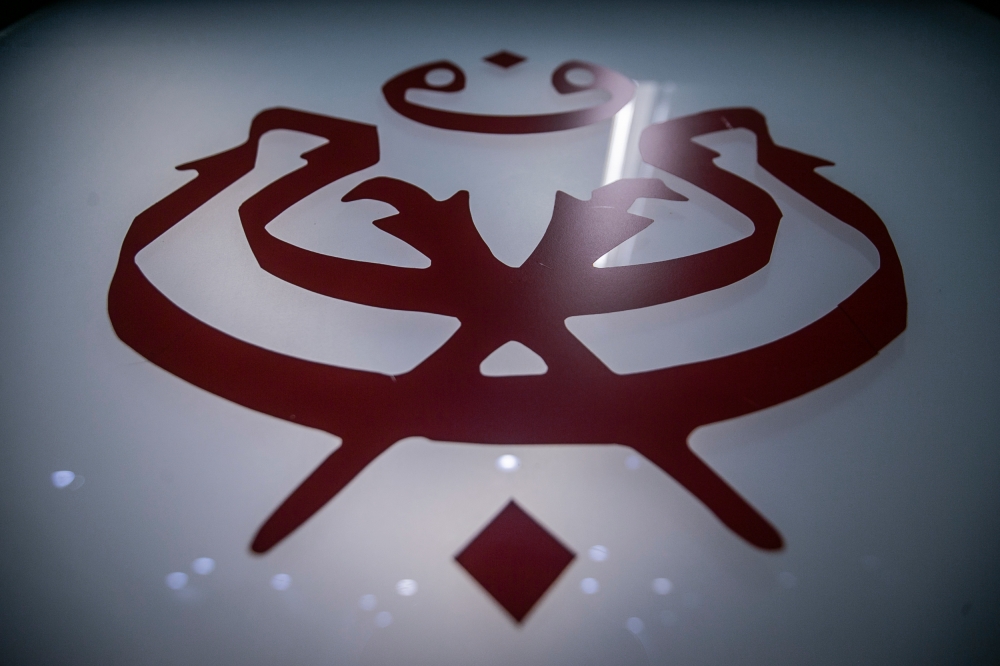KUALA LUMPUR, May 2 — Parti Amanah Negara (Amanah) and Umno’s public row over the latter’s plea to pardon former prime minister Datuk Seri Najib Razak could become advantageous to both their coalitions in state elections due within months, said political observers.
Nusantara Academy for Strategic Research (NASR) senior fellow Azmi Hassan said the friction was necessary despite the potential for ugliness, as both parties needed to demonstrate their values to their respective supporters.
Umno had to show its members that it remained committed to Najib despite his conviction in one of his 1MDB trials, while Amanah needed to convince its own that it believed Najib must be punished for his crimes.
“This political ploy needs to be played out by both Amanah and Umno carefully, just for their supporters.
“I don’t think this dispute will create an animosity within the unity government, and of course the upcoming state polls,” he said, comparing this to a similar exchange between Umno’s Datuk Nur Jazlan Mohamed and Perak DAP’s Abdul Aziz Bari.
He said in that in the earlier disagreement, Umno was signalling to its supporters that it did not answer to DAP despite being in the same coalition government, whereas the latter was trying to demonstrate it was not afraid to stand up to the Malay nationalist party.
Rather than try and suppress these flashpoints, Azmi said the former rivals turned allies should be expected to clash occasionally and even intentionally.
Prior to the 14th general election Umno and its Barisan Nasional had been clear political rivals to PH and its components. The two coalitions eventually joined with all others except Perikatan Nasional to form the national unity government.
“They don’t have to avoid it (the public disagreements), because I see that this is part of a political strategy to ensure that they can get the votes from the voters they are supposed to attract. Umno — Malay voters and PH — non-Malay voters in the upcoming state polls,” Azmi said.
Azmi said that in the case of Amanah, the PAS splinter party was still seen as a traitor in the latter’s strongholds of Kedah, Kelantan, and Terengganu that were among six states that must hold their elections this year.
He suggested that as Amanah’s chances were weak in these states, it could serve as a foil for Umno, essentially helping the latter be more appealing to the Malay-Muslim majority in the three states through the disagreement.
“How awkward it is, because that particular ‘strength’ will ensure that the Malay voters see Umno as a better option, compared to Amanah.
“I can see that in terms of ‘strength’, to be honest, they (Amanah) are the weakest link in the unity government, but their strength in PH states, Amanah can attract votes in this case together with Umno. That’s the real strength of Amanah,” he said.
Azmi also said the disagreement would not cause any lasting animosity between Umno and Amanah, so long as their leaders ensured that this did not become excessive.

Since Amanah communications director Khalid Samad called for the Yang di-Pertuan Agong to reject Umno’s plea for Najib’s pardon, the presidents of both parties have sought to downplay the matter.
According to Singapore Institute of International Affairs senior fellow Oh Ei Sun, the disagreement will be ended long before it could have serious repercussions.
“They are likely to coalesce into a working relationship by the time of the state elections, which present formidable electoral challenges to both of them.
“The important thing is to get seat allocation settled quickly so that both can focus on ground works,” Oh said when contacted.
He said that Amanah has as much chance in the state polls as Umno had previously, but offered a gloomy outlook for PH.
“PH will likely retain Penang, perhaps in Negeri Sembilan and Selangor, which are dicey, (but) the other three states — Kelantan, Terengganu and Kedah — (will be) gone,” Oh said.
Not all were positive about the Umno and Amanah row, however, with Universiti Malaya Centre for Democracy and Elections (UMcedel) sociopolitical analyst Associate Professor Awang Azman Awang Pawi viewing the exchange as a lack of leadership in enforcing discipline.
Awang Azaman said some of the politicians involved appeared to be trying to prove their superiority or political relevance, adding that Muda — which also opposed pardoning Najib — also seemed to be trying to join the bandwagon.
“The strong bond of the unity government does not only depend on the highest level of leadership but it needs leaders at all levels to work on a common goal and resolve internal issues that arise.
“In order to achieve larger and long-term goals, immediate action must be taken on those who affect the relationship between parties within the unity government,” Awang Azman said.
He said the focus should be placed on strengthening the allied parties within the unity government and not creating enemies within their own ranks.
Last week, Khalid said Najib should not be pardoned to protect Malaysia’s international reputation and its commitment to fight corruption and power abuse under the Anwar administration, and claimed this to be Amanah’s view.
In the ensuing controversy, Amanah deputy president Datuk Seri Salahuddin Ayub apologised to Umno over the remarks, and said it was his party’s stance that anyone can request for royal pardon as it is a basic right.
Najib has served just eight months of his 12-year prison sentence after being found guilty of misappropriating RM42 million belonging to SRC International Sdn Bhd, a former subsidiary of 1MDB.
He is still on trial for a slew of other charges related to the global corruption scandal.






















